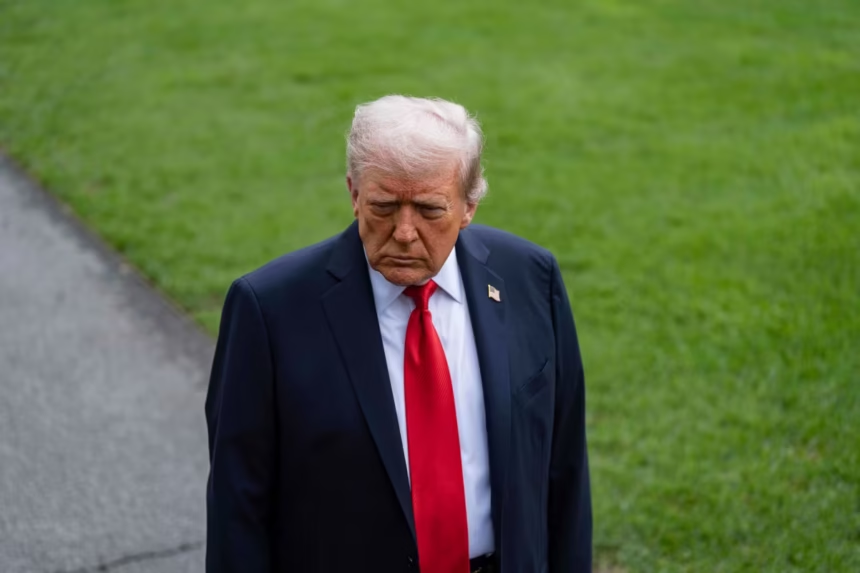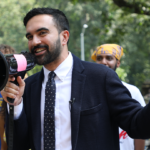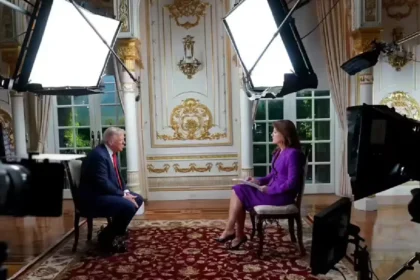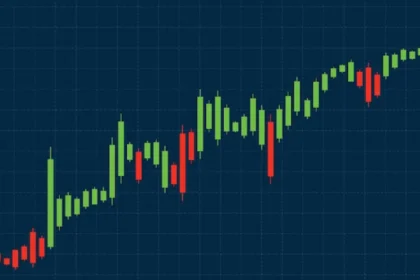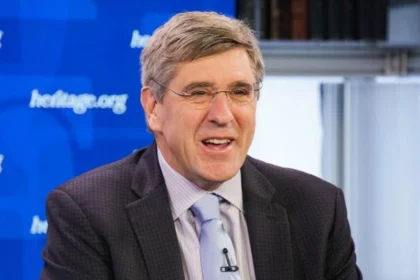President Donald Trump’s administration is intensifying its trade policies, implementing new tariffs targeting Chinese imports and Venezuelan oil. These measures are designed to address trade imbalances and assert U.S. economic interests on the global stage.
Impact on Chicago’s Economy
Chicago, a major hub for manufacturing and trade, is experiencing the effects of these new tariffs. Local businesses that rely on imports from China are facing increased costs, which may lead to higher prices for consumers. The city’s economy, which has been recovering from previous downturns, could see slowed growth as a result of these trade tensions.
Venezuela’s Oil Exports Targeted
The administration’s decision to impose tariffs on Venezuelan oil is part of a broader strategy to exert pressure on the Maduro regime. By targeting this key revenue source, the U.S. aims to weaken Venezuela’s economic stability and push for political change. However, this move also risks disrupting global oil markets and could have unintended consequences for international relations.
RFK Jr.’s Perspective
Robert F. Kennedy Jr., a prominent environmental advocate and presidential candidate, has criticized the administration’s approach. He argues that the focus on tariffs overlooks the need for comprehensive trade reform and environmental considerations. Kennedy emphasizes the importance of addressing climate change and promoting sustainable economic policies in any trade agreements.
Conclusion
The Trump administration’s aggressive tariff strategy is reshaping U.S. trade relations, with significant implications for cities like Chicago and countries such as China and Venezuela. While the goal is to strengthen the U.S. economy, the long-term effects remain uncertain, and the debate over the best path forward continues.


